When a peasant begins to feel the need for instruction, he usually becomes fiercely calculating
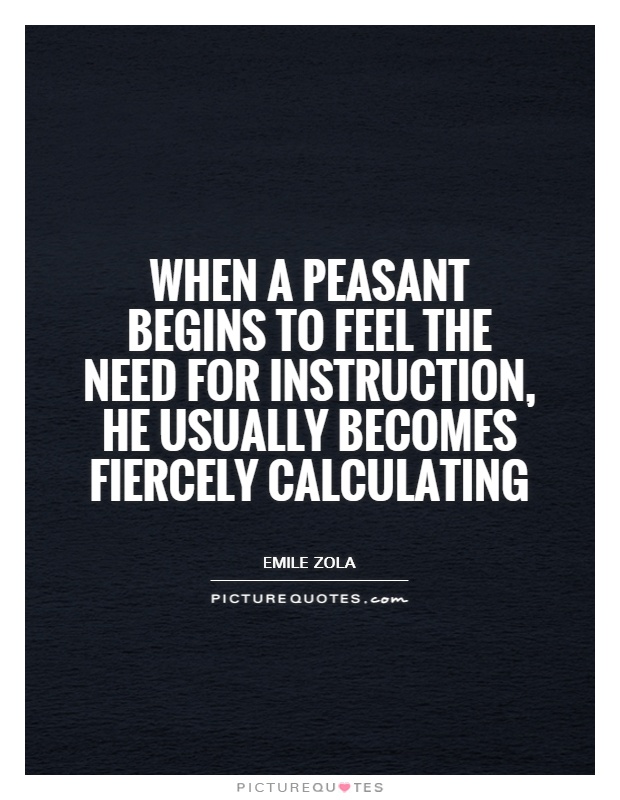
When a peasant begins to feel the need for instruction, he usually becomes fiercely calculating
Emile Zola, a prominent French writer and journalist, is known for his realistic and naturalistic approach to literature. In his works, Zola often explores the lives of ordinary people, including peasants, and delves into the complexities of their desires, struggles, and aspirations. One of the recurring themes in Zola's writing is the idea that when a peasant begins to feel the need for instruction, he usually becomes fiercely calculating.Zola's observation about peasants becoming calculating when seeking instruction speaks to the inherent resourcefulness and determination of individuals who are striving to better themselves. Peasants, who are often marginalized and disadvantaged in society, must navigate a complex web of social, economic, and political forces in order to improve their circumstances. When they recognize the need for education or guidance, they are driven by a fierce sense of purpose and a strategic mindset to achieve their goals.
Zola's characters often embody this fierce calculation in their pursuit of knowledge, skills, or opportunities for advancement. Whether it is a young farm worker seeking to learn a trade, a struggling family trying to secure a better future for their children, or a disenfranchised individual striving to break free from the constraints of poverty, Zola's peasants are portrayed as determined and shrewd in their quest for self-improvement.




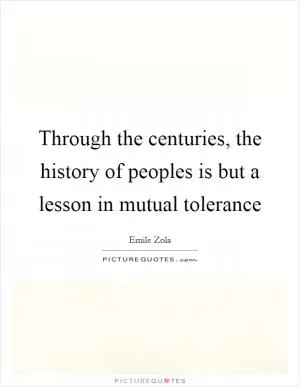
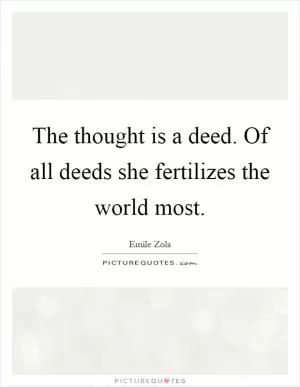

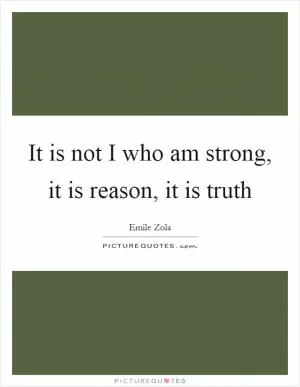
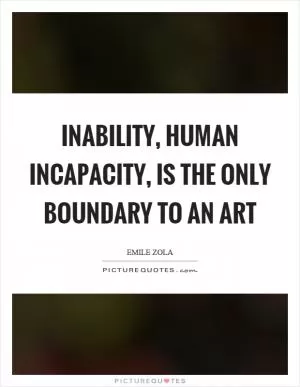


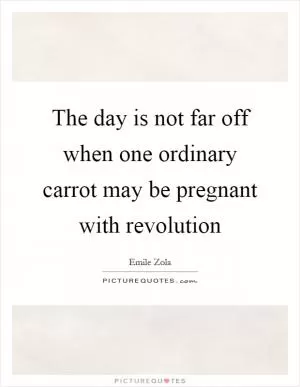
 Friendship Quotes
Friendship Quotes Love Quotes
Love Quotes Life Quotes
Life Quotes Funny Quotes
Funny Quotes Motivational Quotes
Motivational Quotes Inspirational Quotes
Inspirational Quotes